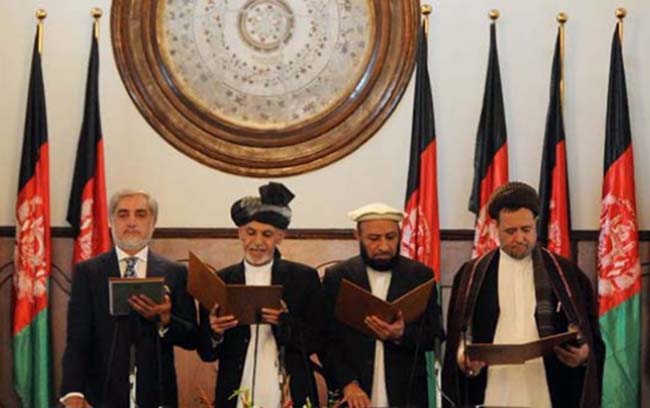In the political history of mankind, there have been various discussions about the state, its nature and its roles and responsibilities. Few thinkers consider it as the ultimate destiny of human beings and suggest for complete state control over the individuals, while there are some others who consider its control as a hindrance in the path of individual freedom. Some thinkers suggest for creation of ideal states that would guarantee human bliss and contentment, while some others strive to create ideal individual through the creation of better state. There were some thinkers who believed that states were formed as a contract between the ruling and the ruled, while certain philosophers and thinker deviated from them and thought that states were the natural outcome of human history. However, no absolute principles or rules are there regarding how the states were formed and how they should be and what sort of role should they perform.
In the early days of the creation of the state, influenced by monarchy, the authorities always strived for an authoritarian state, wherein it was believed that a state is an end in itself. It is created because human beings are destined to be a part of the state and his individuality can only be secured if it is sacrificed for the betterment of the state. Therefore, there was no clear distinction between the state and the government and the monarchs were all in all, enjoying every authority, while the individualism and individual human rights were completely neglected.
With the rise of the concepts of individualism and utilitarianism in Europe, the concepts of individual rights and liberty also started getting strength. The political thinkers like Bentham and J.S. Mill played dominant roles in defining the roles, responsibilities and liberty of individual in relation to the society. Both were great English philosophers and political thinkers of 19th century whose works on liberty justified freedom of the individual in opposition to unlimited state control.
Mill believed that the individual was getting lost in the society. To Mill, this increasing regulation and elimination of the individual was a wrong and harmful development. He believed that the progress of society depended largely on the originality and energy of the individual. He, therefore, was a great advocate of individualism i.e. of the supreme necessity and importance of the individual developing in his own lines, as far as possible, to the supreme perfection of his personality, for his own good and that of the society. Mill believed that an individual had two aspects to his life i.e. (1) the individual aspect which concerned him alone, and (2) the social, because every individual was also an integral part of society. The actions of the individual may similarly be divided into two categories i.e. (1) self regarding, and (2) others regarding. With regard to actions in which he alone is concerned, his liberty of action is complete and should not be regulated by the state. However, in actions of the individual, which affect the society, his actions can justifiably be regulated by the state or society. The sole end for which mankinds are warranted individually or collectively in interfering with the liberty of action of any of their number is self protection. The only purpose for which power can be rightfully exercised over any member of a civilized community, against his will, is to prevent harm to others. Mill seemed to overemphasis the liberty of the individual and did not favor sanctions from the government regarding individual liberties.
The impact of utilitarianism and individualism supported in laying the foundations of modern democracy, which stood for individualism; but for some of the states the evolution did not stop and they took another leap, and strived to design the state for the welfare of the individual and thus they laid the foundations of “Welfare Sate”.
A welfare state is a state that strives for the social and economic welfare of the public. The individuals in a welfare state may not be enjoying absolute freedom but they have the opportunity to enjoy the availability of the basic requirements, free education and health facilities, justice and fair play, rule of law and meager disparity between the rich and the poor. Welfare state has in its nature to serve the people not to rule them. It always pursues good governance. Therefore, it has great respect for accountability, transparency and justice. The government policies are clear to the public and the public has the capacity to hold the government accountable for any sort of corruption or misuse of power.
It also ensures participation of different strata of the society in the affairs of the government. Women are not neglected in the social, economic and political spheres and they get equal opportunities as men. Moreover, minorities are given equal rights and protection.
Justice is easily accessible. Discrimination is almost non-existent. The law is not only to serve the rich but takes into consideration all the people alike.
Practically, there are examples of welfare states in our today’s world. The Nordic Countries, such as Iceland, Sweden, Norway, Denmark and Finland mostly follow a sort of Welfare state model called as Nordic Model. And, these are the countries that have the best facilities for the public and the least corruption, crime and imbalances.
It is wiser for human beings to create states that can guarantee their well-being and their existence. States must serve the public and provide opportunity for them to live better lives and to become better human beings.

